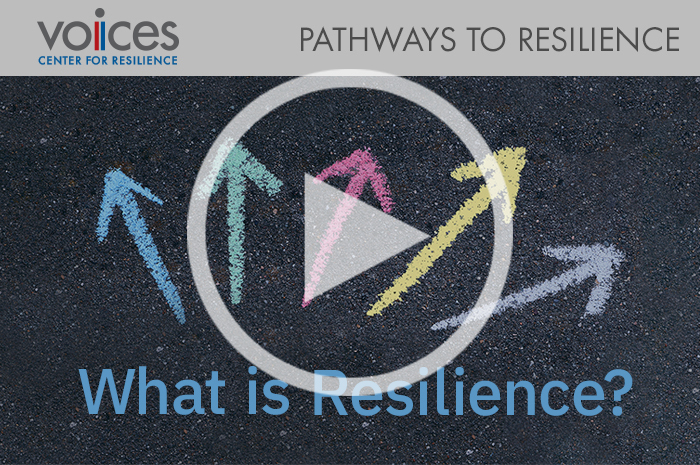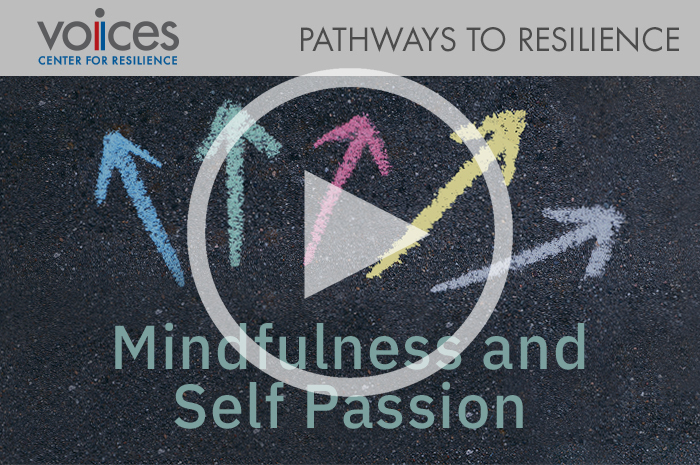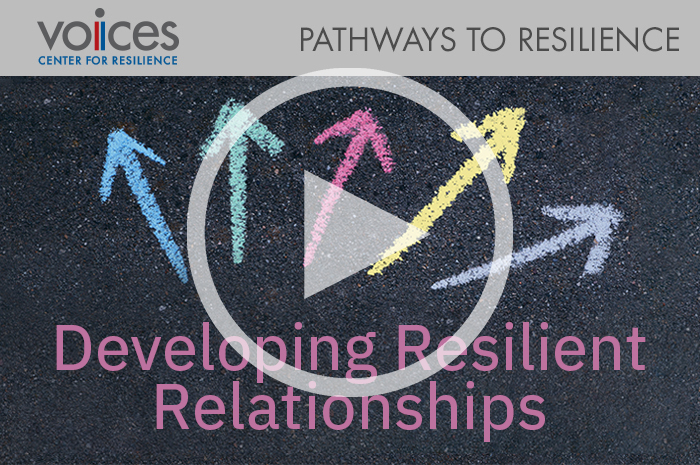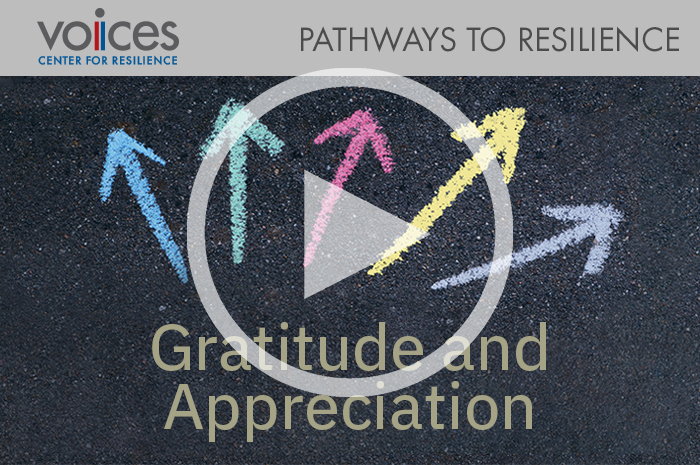Building Resilience
 Resilience is the capacity to manage adversity and losses, and the ability to adapt to challenges and life-changing events. Sometimes resilience is referred to as being able to bounce back. Resilience includes skills, beliefs and knowledge – all of which can be strengthened and built upon.
Resilience is the capacity to manage adversity and losses, and the ability to adapt to challenges and life-changing events. Sometimes resilience is referred to as being able to bounce back. Resilience includes skills, beliefs and knowledge – all of which can be strengthened and built upon.
While we often think of resilience in terms of individual people, a community can also build resilience. Although there are many different ways of viewing resilience, four key factors are Connectedness, Health/Wellness, Adaptive Thinking, and Meaning.
Connectedness refers to our sense of belonging and closeness in our relationships
Health/Wellness includes taking care of oneself and avoiding unhealthy reactions to manage distress (such as alcohol use)
Adaptive Thinking means being able to balance one’s thoughts, both positive and negative, and maintaining hope for the changed future
Meaning refers to staying in touch with your sense of purpose and continuing to work towards a goal that is important to you
The following article by the American Psychological Association (2020) offers insights and thoughts about resilience and how you can strengthen your capacity to manage adversity and painful events: https://www.apa.org/topics/resilience
If you are interested in exploring your resilience further, consider taking the following survey, which includes a guided action plan for building your ability to cope with adversity and change: https://centerforresilientchildren.org/wp-content/uploads/Devereux-Adult-Resilience-Survey-DARS_full.pdf
https://www.heretohelp.bc.ca/sites/default/files/wellness-module-8-healthy-thinking.pdf
https://time.com/4306492/boost-emotional-resilience
https://www.apa.org/helpcenter/road-resilience
https://www.mindful.org/how-to-cultivate-the-resources-for-resilience
https://greatergood.berkeley.edu/article/item/five_science_backed_strategies_to_build_resilience
https://www.nytimes.com/2017/07/25/well/mind/how-to-boost-resilience-in-midlife.html
https://optionb.org/build-resilience
The full text of articles from APA Help Center may be reproduced and distributed for noncommercial purposes with credit given to the American Psychological Association. Any electronic reproductions must link to the original article on the APA Help Center. Any exceptions to this, including excerpting, paraphrasing or reproduction in a commercial work, must be presented in writing to the APA. Images from the APA Help Center may not be reproduced.

 What is Resilience?
What is Resilience? Mindfulness and Self-Compassion
Mindfulness and Self-Compassion Developing Resilient Relationships
Developing Resilient Relationships Gratitude and Appreciation
Gratitude and Appreciation